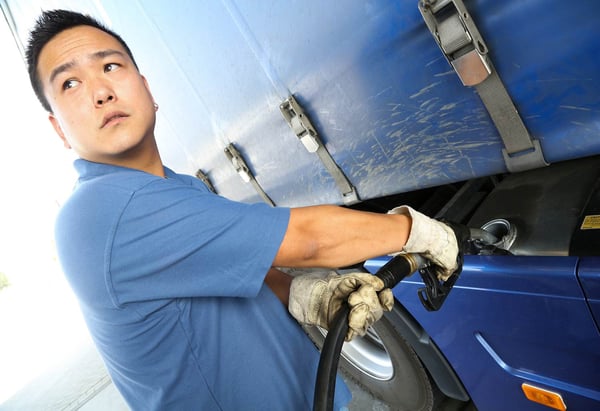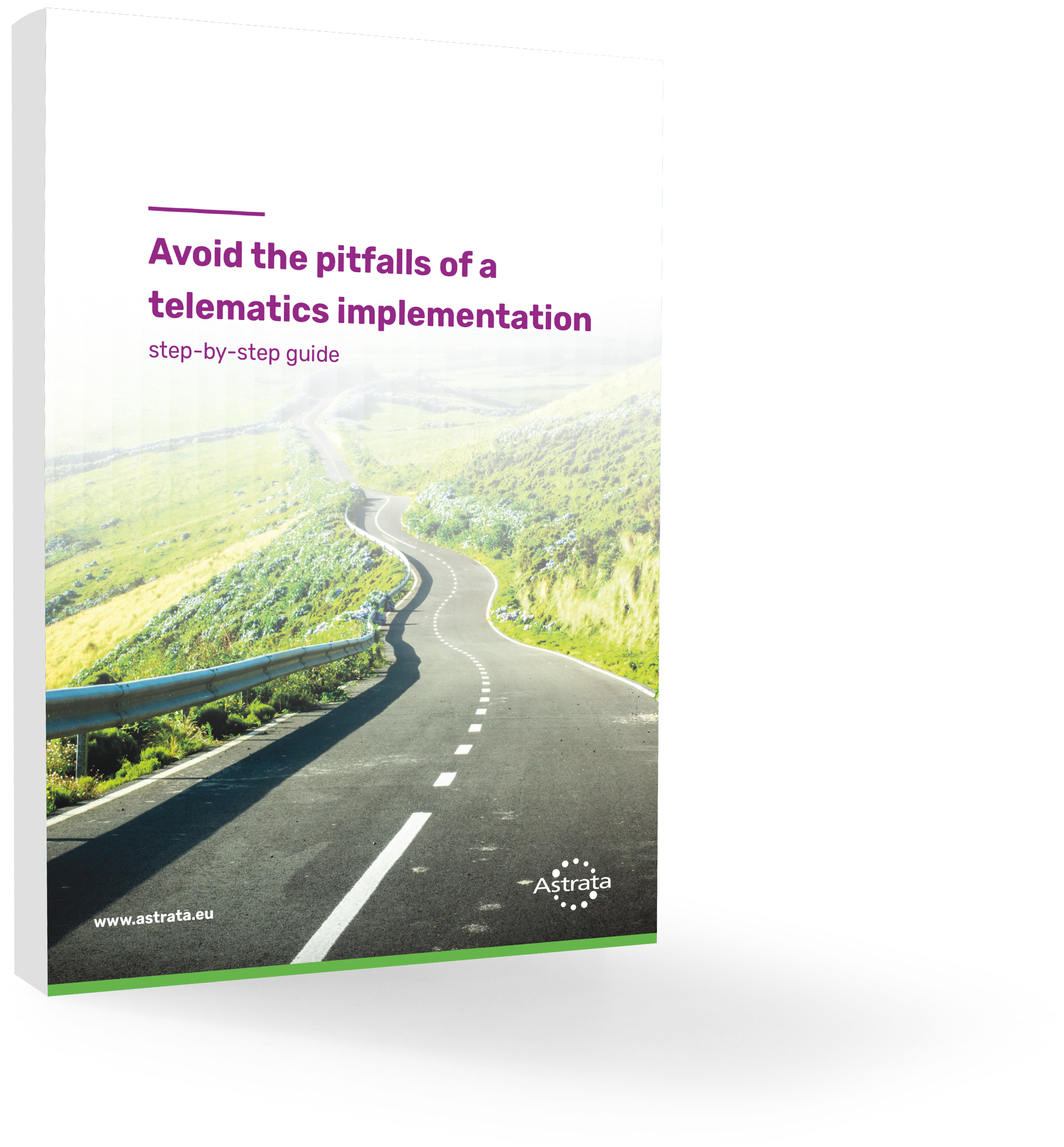How can fuel management help you to increase your margin?
If we consider all variable costs in the transport and logistics industry, fuel is by far the most important one. Fuel management can be the difference between going bankrupt and being successful. Statistics prove that good fuel management can save up to 10% of fuel costs, which is why you can’t afford to not optimise your fleet’s fuel efficiency.

What is fuel management and why is it so important?
Fuel management is about having insight in all variables that have an (in)direct effect on fuel usage. This way, you are able to not only decrease costs but also decrease your company’s impact on the environment. It is a hot topic in the industry and it will be even more important in the future, while the margins are so tight.
Many transport and logistics professionals are still not aware of every specific variable that has an effect on the fuel usage. Even the aerodynamic design of the truck can make a difference in fuel usage and thus in optimising your fleet’s profitability.
There are big differences between basic and advanced systems and the way they help you manage fuel. Advanced telematics system offer more possibilities to optimise your fuel use and decrease costs.
Currently, fourth generation fuel management systems are now available on the market. These systems are updated in real-time so that you are able to act on live and relevant data.
What is important to consider when thinking about fuel efficiency?
In order to help you optimise your fleet’s fuel efficiency, here are the 8 most important variables to consider:
- Regulations and taxes
Every country has its own rules and legislations. For example in some countries alternative fuels (CNG, LNG) impact the toll costs. - Driver behaviour
Monitoring the driver behaviour of your employees is essential in optimising your fuel efficiency. - Tyres
Correct pressure, tread depth and suitability to the vehicle play an important role in fuel use - Vehicle design
Aerodynamics, engine, weight - Advanced driving skills
Use of cruise and coast, careful acceleration and braking - Minimise idling
Engine of when stopped - Route planning
Choose the most efficient road - Fuel network
See where you can get the best fuel prices on the road.
SIGN UP FOR UPDATES
© 2020 Astrata Europe BV. All rights reserved.




